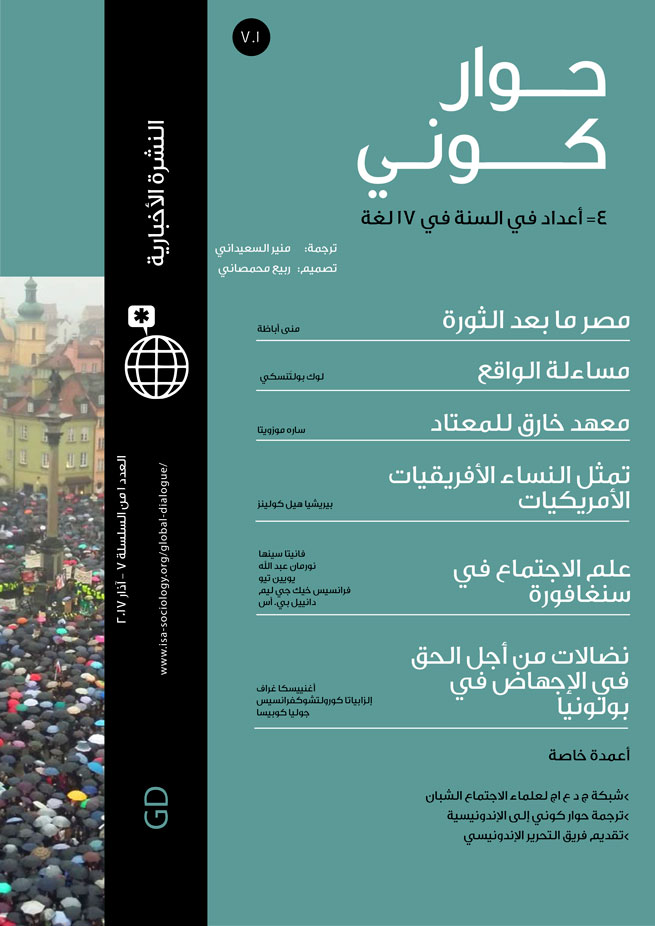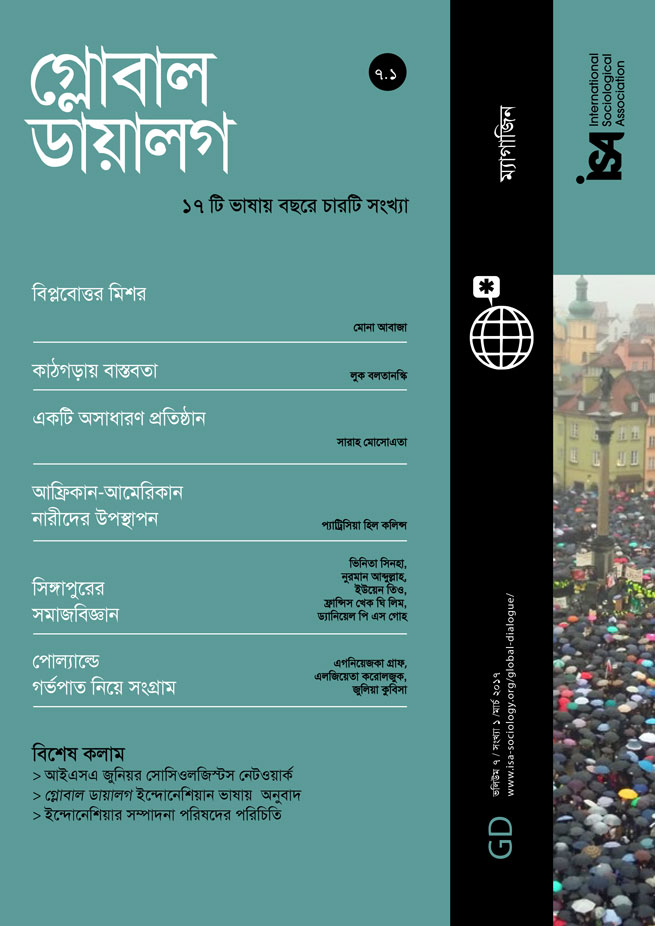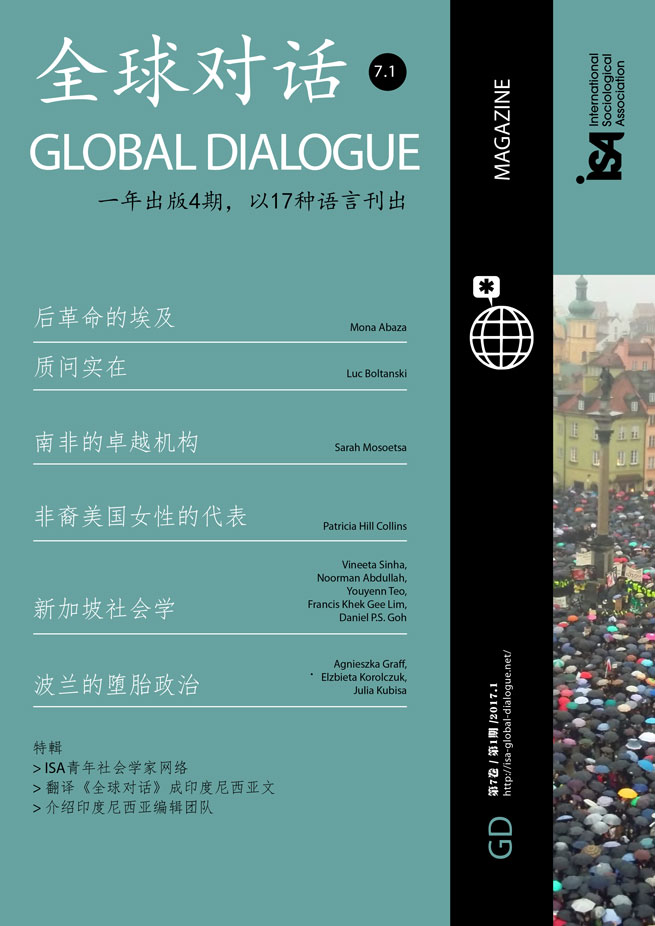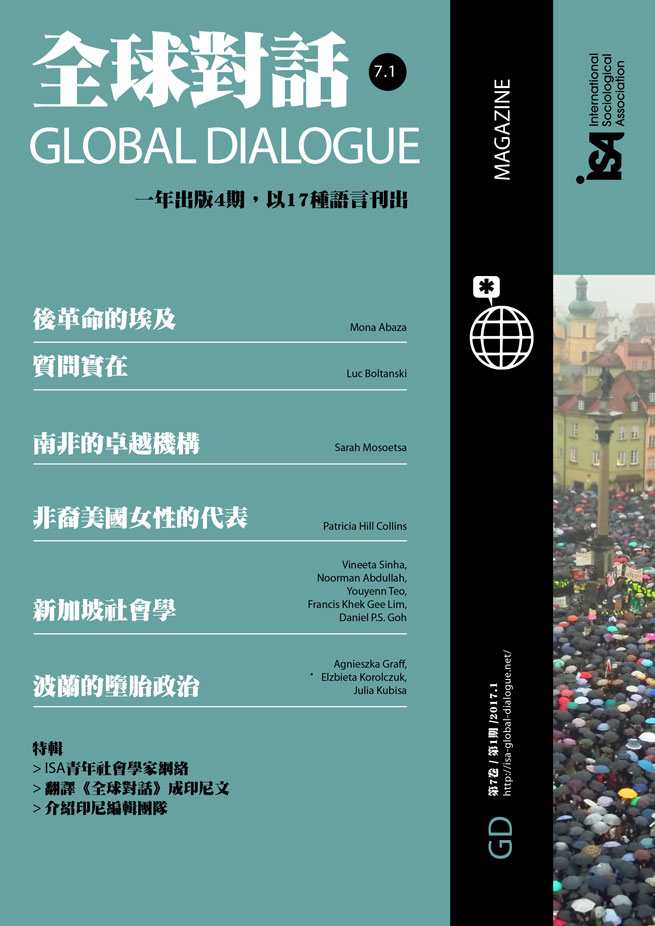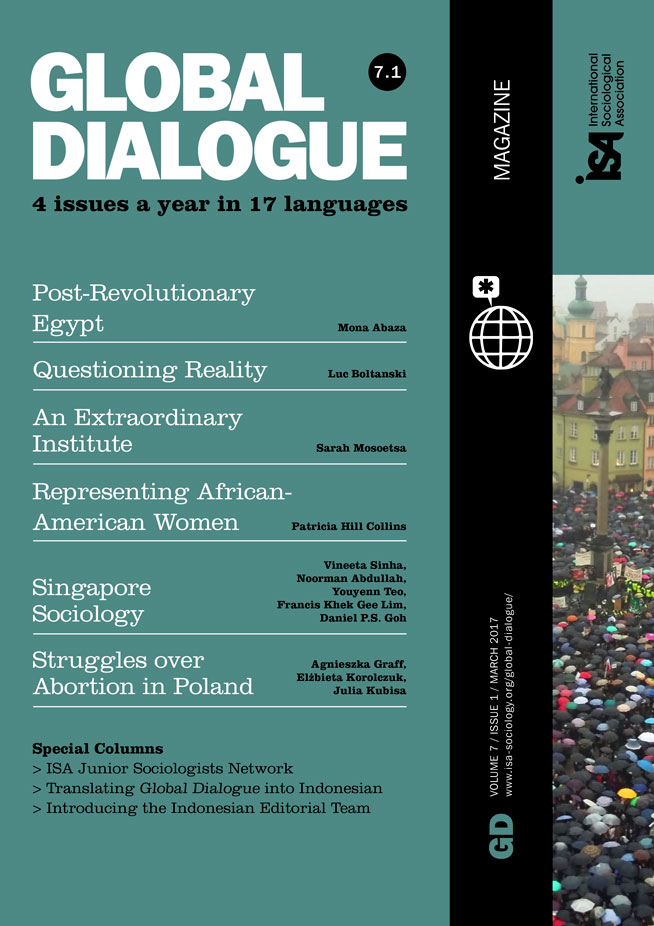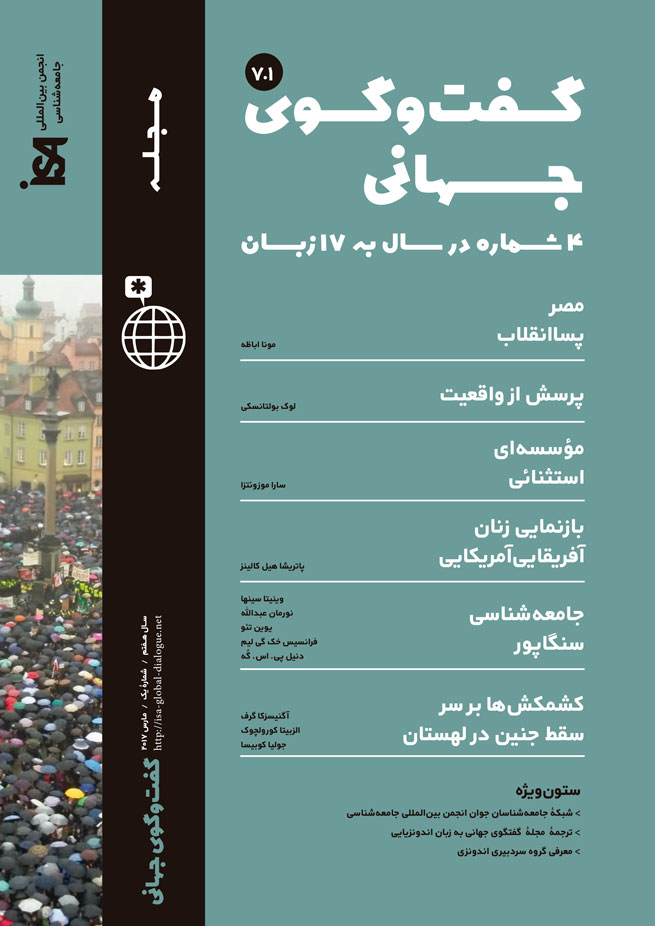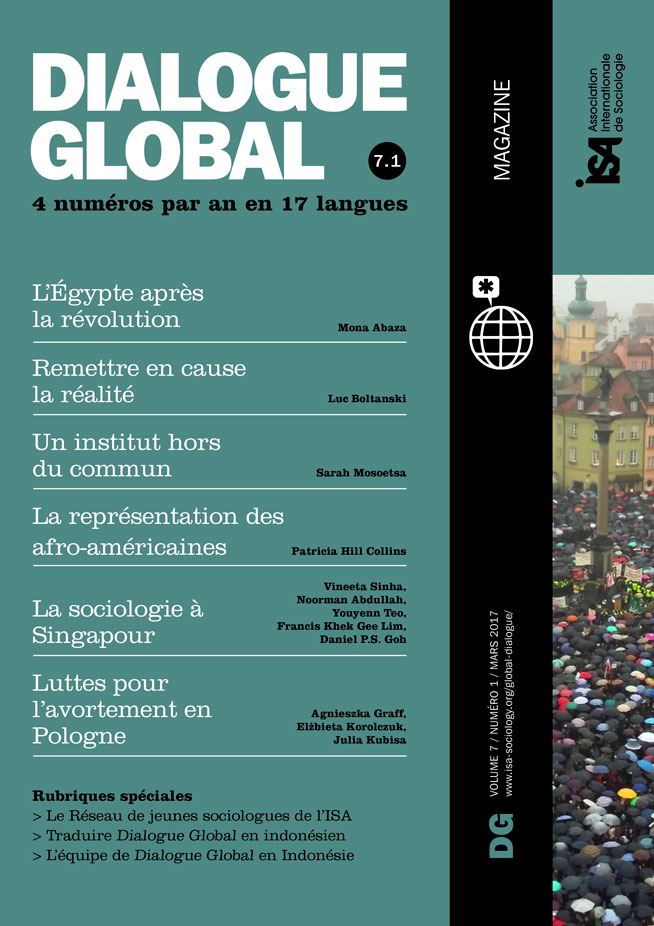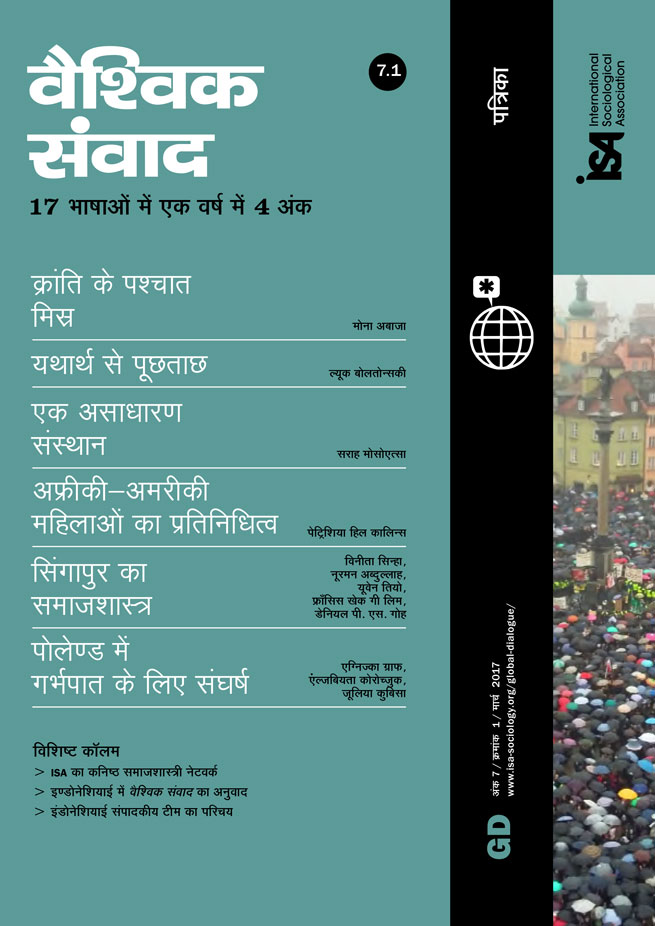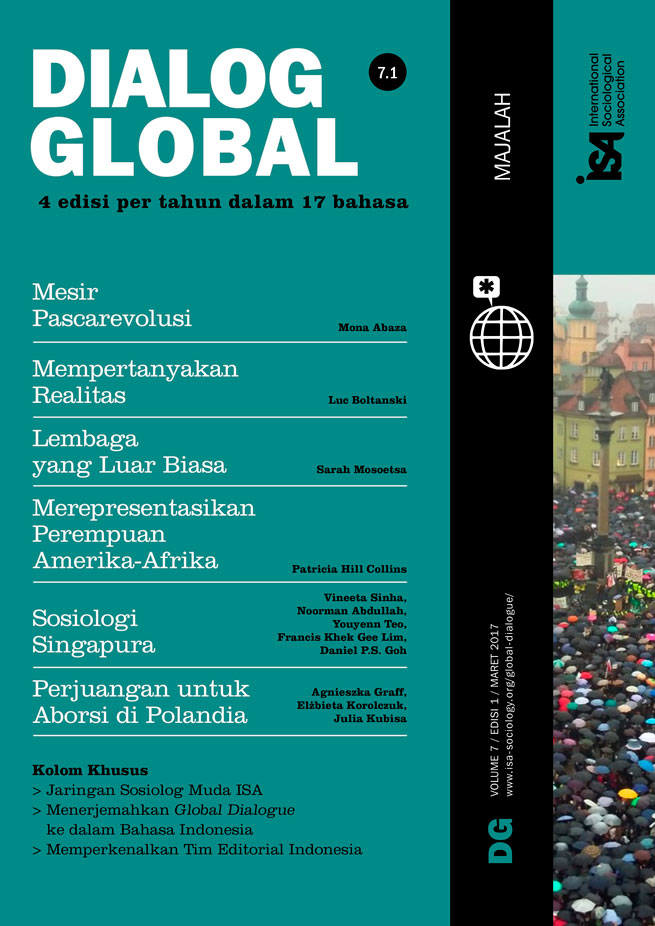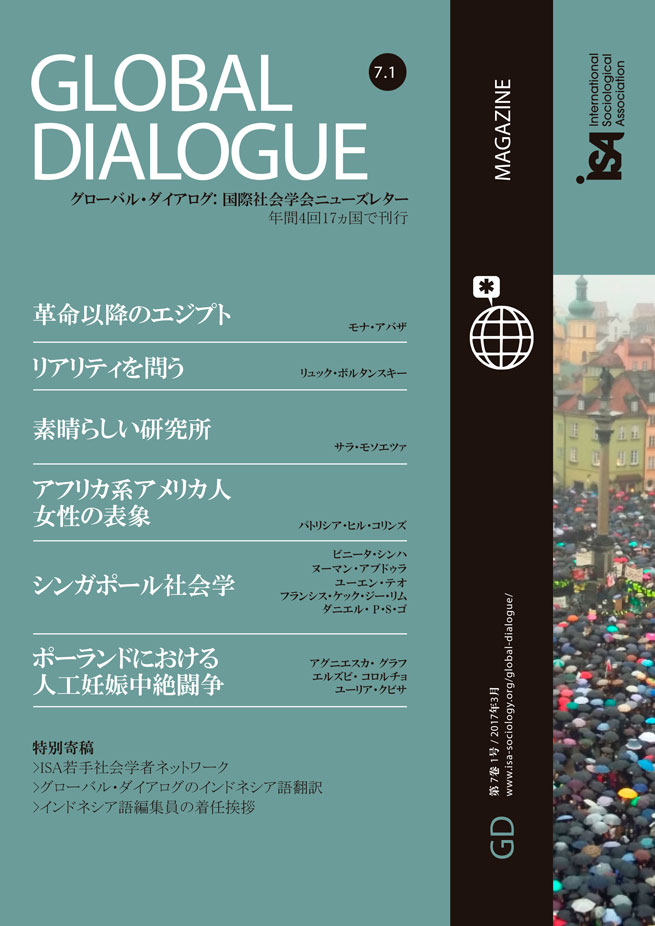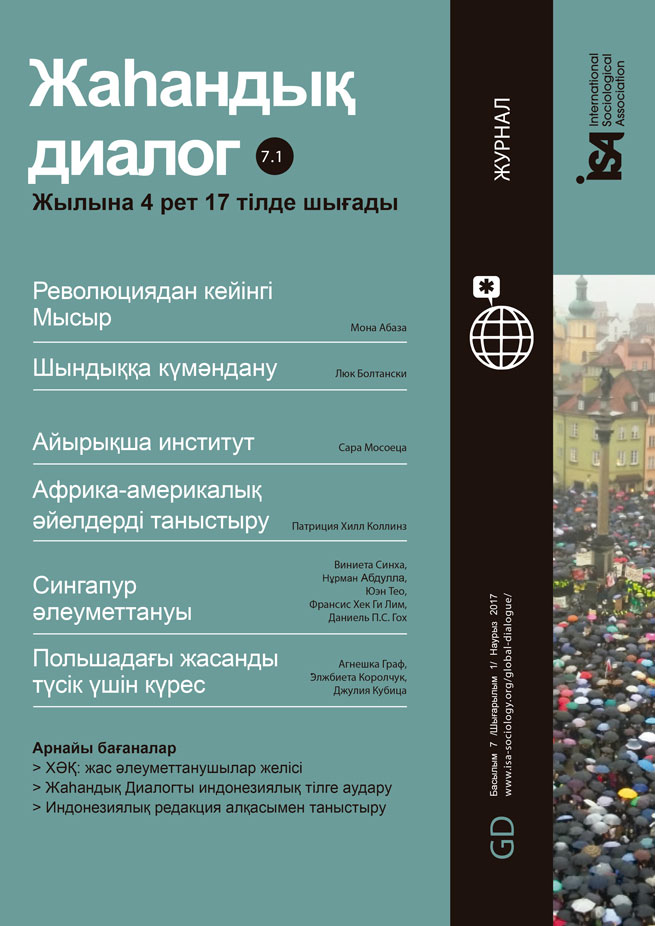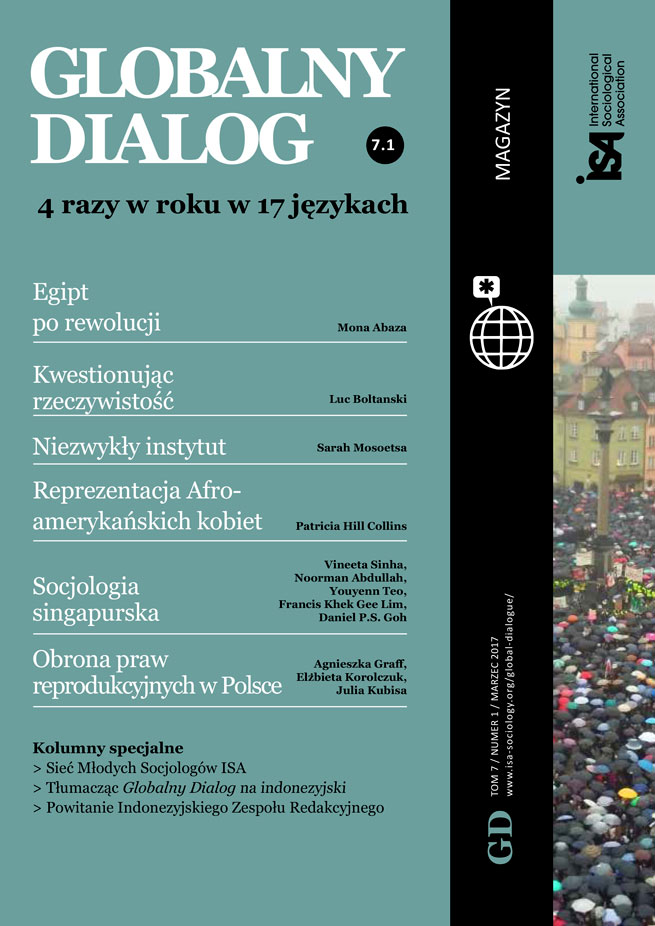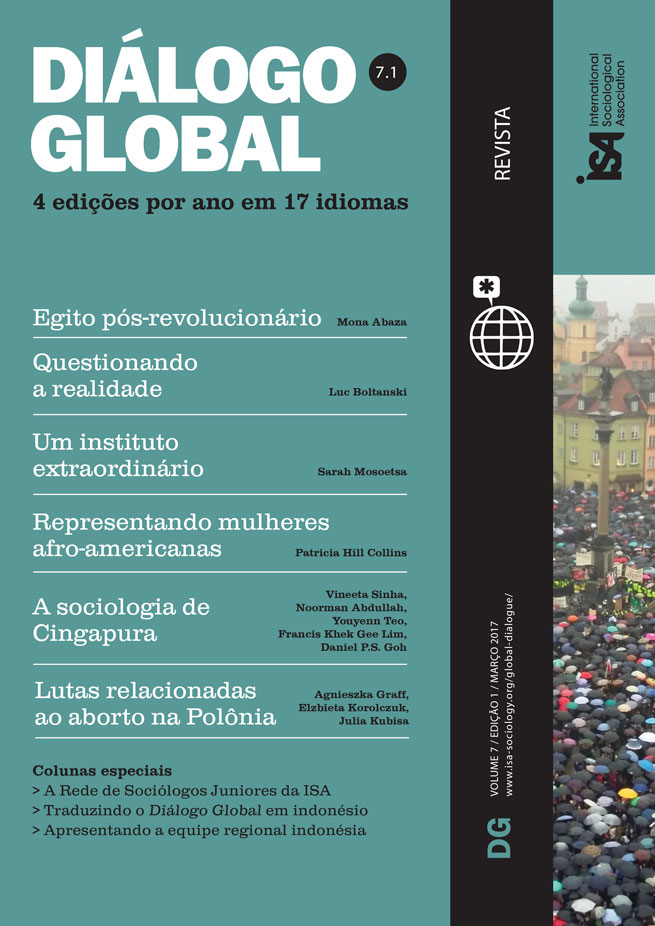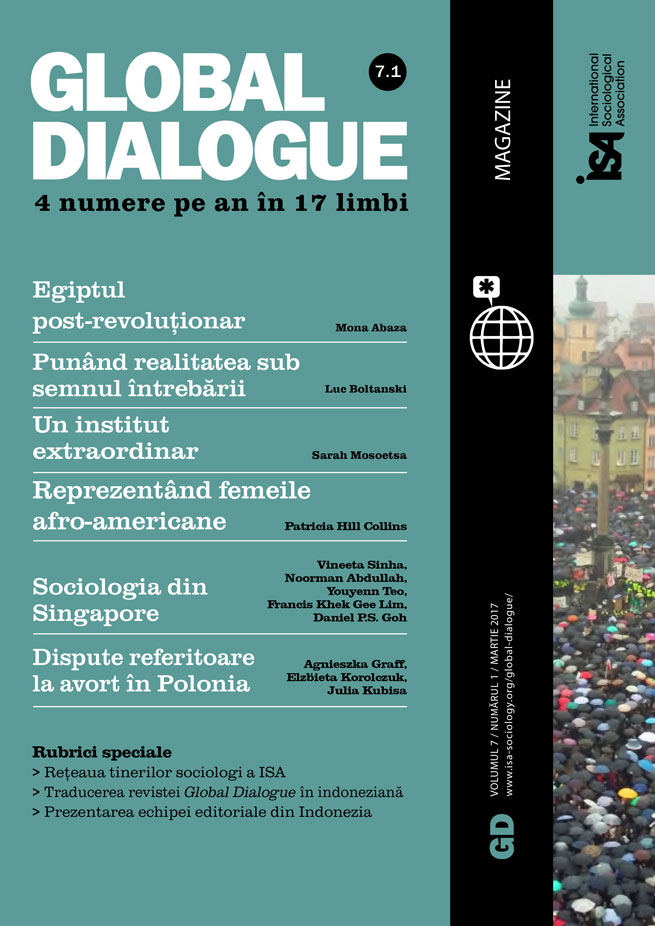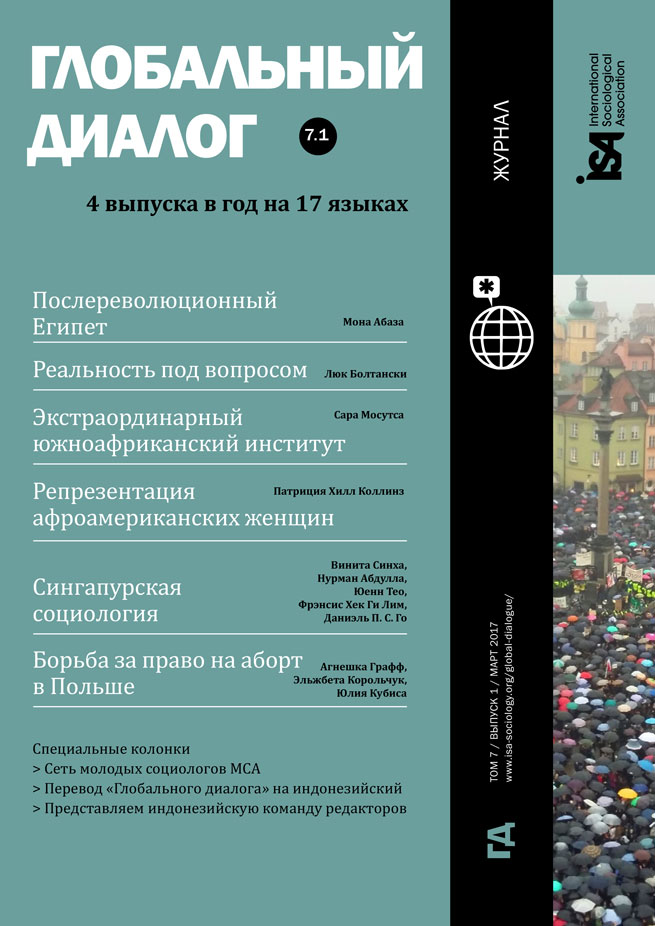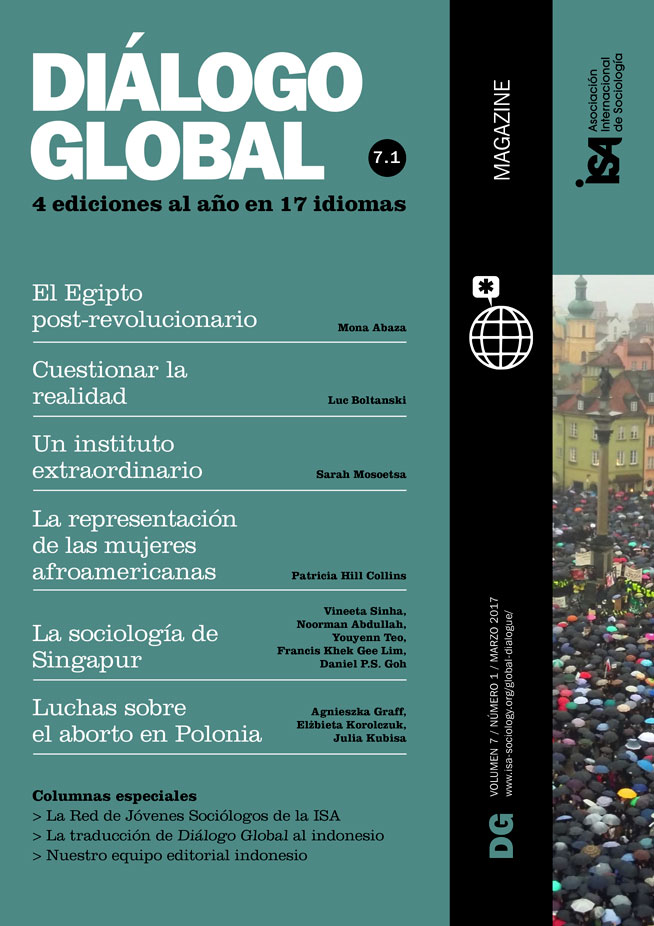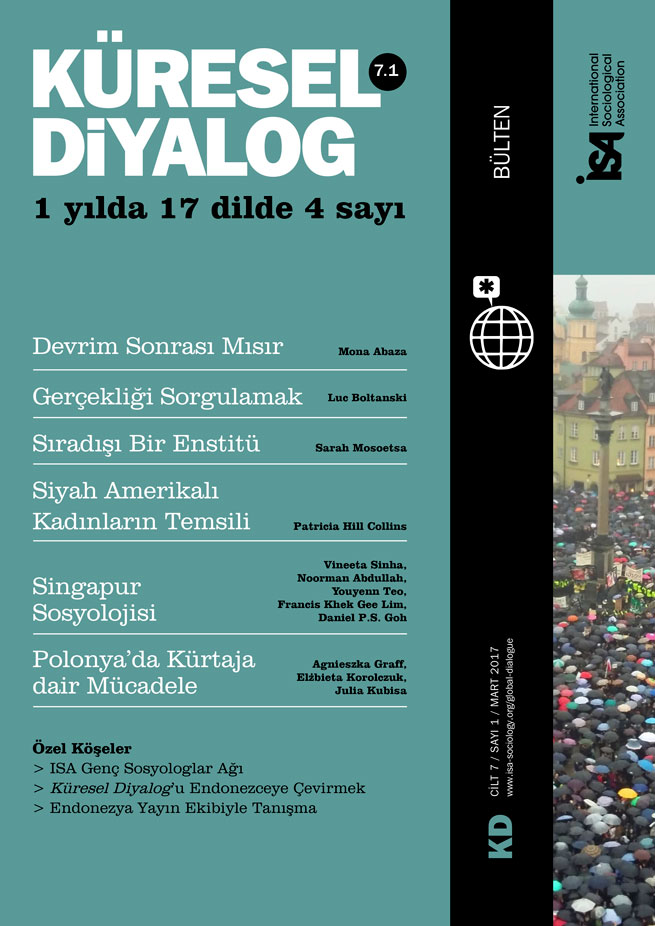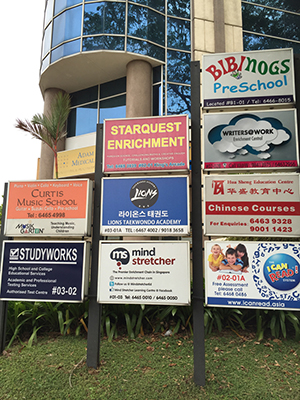Read more about Singapore Sociology

After Globalization
by Daniel P.S. Goh
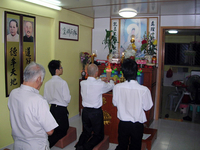
After Secularism
by Francis Khek Gee Lim

After Multiracialism
by Noorman Abdullah
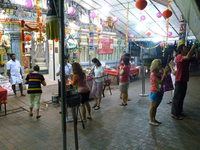
After Lee Kuan Yew
by Vineeta Sinha
February 17, 2017
Walk into any mall in Singapore and you will see “enrichment” and “tuition” centers, advertising help for kids who want to “succeed in school and in life” and training for students in the “Art of Learning How To Learn.” Some teach subjects aligned to school curricula – English, Mandarin, Mathematics, Science, Physics, Economics – while others are more hobby-centered, focusing on subjects such as chess and robotics. Directly academic or otherwise, they aim, as one center puts it, to get students “exam-ready.”
The ubiquity of these centers reflects key features of Singapore’s education system, and the way its early stratification and search for precocity compels parents to seek “enrichment” for children as young as three years old. Regular stratification keeps the pressure on throughout children’s schooling, and enrichment/tuition centers thus cater to all ages and levels. Schools rely on standardized examinations, so all kinds of activities are funneled through and sold on “exam readiness.” Finally, stakes are high and competition is intense, so centers appeal not just to students who are failing but to students who want to come out top. In contemporary Singapore, common sense views extra-curricular tuition/enrichment as “necessities” for keeping up or doing well.
The most common critique of meritocracy in Singapore is that it is not working as it should. Parents express agony over too much homework and too many exams. Critics concerned about inequality point to a need to ensure that children from lower-income homes have opportunities too. But few point to extra-curricular training as logical outcomes rather than aberrations of meritocracy.
In the sociological literature, meritocracy is widely recognized as a system that sorts, differentially rewards, and then legitimatizes victors. It relies on narrow notions of what is worth rewarding and what is not, and it works well when there is what Pierre Bourdieu termed “misrecognition” – where the public believes the system is based on one set of principles, but it really works on the basis of another. In this case, Singapore’s system rewards economic and cultural capital passed on from parents to children, rather than merely individual hard work. With misrecognition of stratification’s real principles and mechanisms, meritocracy legitimizes the victors, casting them as individuals who have succeeded on their own hard work and intelligence rather than through inherited unfair advantages. And meritocracy tells us a specific story about failures, attributing those, too, to individual attributes rather than systemic disadvantages.
Sociologically, the Singapore education system works exactly as engineered. In addition to promoting a narrow set of traits and sorting students into precise categories, the general public sincerely believes that the traits that are rewarded are reflections of individual capacities and effort. Persons who are adequately credentialed, advance through the right “streams” and “good” schools to emerge with the formal qualifications, secure jobs in professions, academia, civil service, or government, and are widely seen as deserving the status and salaries they command. Enrichment and tuition centers apparently do little to shake people’s faith in the general logic of the system. The bar is perceived as high, sometimes overly so, but the rewards are not perceived as arbitrary. Critical sociological insights about education and meritocracy have a difficult time gaining traction. To understand why, we must explore two features of Singapore society: the institutionalization of individualism and the salience of teleological narratives.
The logic that underpins meritocracy is woven into everyday life, through multiple state institutions and complex policies which shape options and influence pathways of marriage, childbearing and rearing, household management, and care of the elderly or the ill. The logic, laid bare, is this: individuals must take care of themselves and their own families. The Singapore state, although highly interventionist in shepherding Singaporeans toward specific ways of organizing their lives, is resolutely opposed to universal welfare provisions. Individuals’ acquisitions of skills and credentials, continuous employment, and heterosexual partnership, are preconditions to public goods and wellbeing – housing, healthcare, childcare, elderly care, retirement support. Failure to attain the preconditions – credentials, job, marriage, offspring (who reproduce the cycle) – means exclusion from security, wellbeing, and social membership. Acquiring individual “merit” is thus a crucial aspect of deserving opportunity, while the nuclear family remains a basic socioeconomic unit of policy-making and governance – with cross-generational inter-dependencies. Thus, families’ investments in the acquisition of the sanctioned merit are sensible, even necessary.
Second, meritocracy is supported by a powerful teleological narrative of nation and of specific selves. Singapore’s meritocracy is contrasted to the ethno-racial favoritism and discrimination in Malaysia, its closest neighbor. Meritocracy – rational, systematic, and impersonal – has been credited as the source of Singapore’s phenomenal economic success, its near-miraculous survival as a nation. The narrative of the nation’s progress finds its corollary in the biographical narratives of Singaporeans who have “made it.” As in Pierre Bourdieu’s France, the “state nobility” – those anointed as “meritorious” by the world’s top universities – sit in positions from which they can speak and be heard. From the offices of the political elite and policy makers, the desks of journalists and university professors, individuals view the system through the lenses of their limited biographical narratives: as a system that may not be working perfectly, but has clearly worked, because, after all, they/we are there, at or near the top. Those considered to have failed are silenced, isolated, and docile in the narrative of individual failures. Meritocracy is held up as a good system, importantly, because those who could speak against it, stop short of critiquing a system which legitimizes their own social positions and senses of worth.
The price of meritocracy is high. Low-income parents, who cannot give their children the resources to gain the qualities legible as merit, pay a high price in material and symbolic worth(lessness). As inequality across society intensifies, people higher on the income spectrum may also pay a price, through their fear that even a little downward mobility would mean real costs. The massive and costly shadow education business, depression and anxiety among youth, the stress experienced by parents and the time wasted supervising homework, and the entrenchment of inequality through what amounts to uneven gaming of the system – these are costs borne by society.
What are sociologists to do? We need both a research program and an activist agenda.
On the research front, it is increasingly apparent that the sociology of education cannot be separated from studies of the family, welfare, state-society relations, and politics. To explore meritocracy, we need all the analytical tools in our toolkit, including a deeper appreciation for the ways in which what appears irrational from one side (e.g. costly private investments in education) makes perfect sense when we understand the dynamics of another (e.g. familialist anti-welfare regime). We need to approach these questions not simply in terms of education, but as a broad agenda for interrogating inequality and its multiple intertwining sites of reproduction.
Beyond this, if sociological tools are to gain traction in public conversations about meritocracy, we need to disrupt the dominant narrative. Disrupting the dominant narrative requires, as a precondition, self-reflexivity. Scholars must be willing to go beyond thinking about meritocracy and inequality as problems faced only by their research subjects, but also to scrutinize our own privileges and the ways we perpetuate inequality through everyday practices and discourse. Disrupting the dominant narrative also requires engagement with audiences well beyond academia. If, as a discipline, we already have critical tools for understanding the reproduction of privilege and marginality, we must do a better job of spreading these ideas beyond academics – through writings disseminated among various publics, through talks and discussions with varied audiences, and through strategic engagements with civil society, educators, policy makers, and parents.
Youyenn Teo, Nanyang Technological University, Singapore <yyteo@ntu.edu.sg>
This issue is not available yet in this language.
Request to be notified when the issue is available in your language.
If you prefer, you can access previous issues available in your language:
